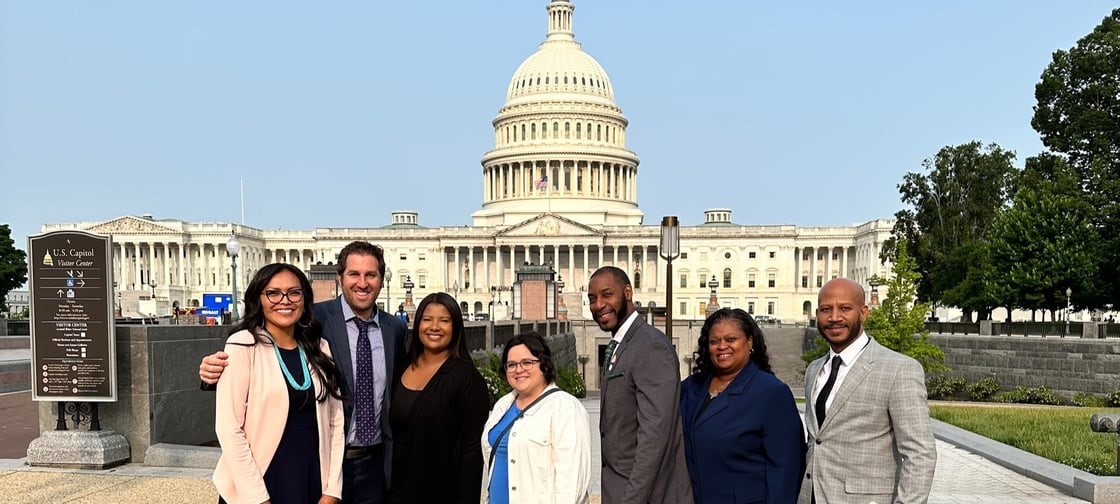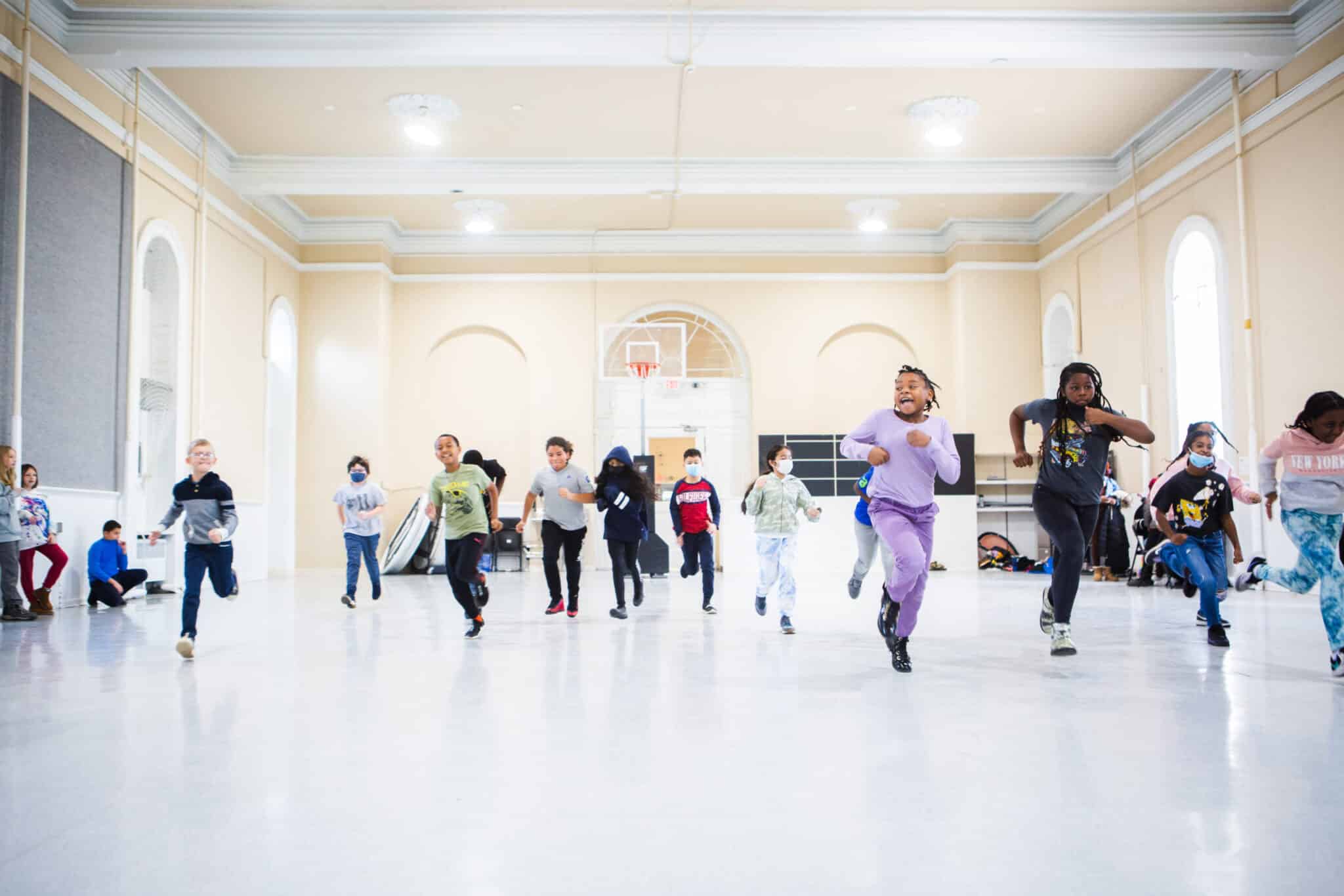New Orleans, LA While the academic success of charter schools in New Orleans has garnered wide attention, a new report released today by the National Alliance for Public Charter Schools sheds light on a less-noticed but equally important trend: improved equity in the city’s education system.
The Hidden Connection: How Charter Schools Can Bring Equity to Public Education authored by Neerav Kingsland, former CEO of New Schools New Orleans, tracks how New Orleans utilized its nearly all-charter structure to expand high-quality schooling to a majority of children 93 percent of students currently attend charter schools in New Orleans. Through universal enrollment rather than assigning schools based on property values,a vast number of families in New Orleans have the opportunity to send their child to a school of their choice, regardless of where they live.
Here’s a city, ravaged by Katrina ten years ago, that rethought and rebuilt its public education system to improve academic success and create new opportunities for students who are at risk,said Nina Rees, president and CEO of the National Alliance for Public Charter Schools. “Its at the forefront of realizing a vision that can give every student an excellent education.”
The report identifies three key elements of New Orleans success: full choice within the district; autonomy for schools; and a collective community commitment to serving all students. The paper also highlights the transition from a government-operated to a government-regulated school system that has led to improved academic results.
For cities experiencing a spike in charter school enrollment, New Orleans is a solid case study of success.The paper sheds light on factors contributing to New Orleans’ dramatic education reform, and the Recovery School District (RSD) serves as a shining example. Set to improve underperforming schools, the RSD handed the operation of its schools to local educators, which proved beneficial to the district’s evolution as a sophisticated, independent regulator of schools, the report notes.
“New Orleans is making amazing progress,” said Rees. “Ten years ago, only 54 percent of New Orleans students graduated; today, it is 73 percent. Since adopting a charter school system, the city has reduced achievement gap scores from 23 points to 6 points. The lessons learned here provide an invaluable road map for communities seeking to create successful educational outcomes for all students.”
Read the full report here.
About Public Charter SchoolsPublic charter schools are independent, public, and tuition-free schools that are given the freedom to be more innovative while being held accountable for advancing student achievement. Since 2010, all but one independent research study has found that students in charter schools do better in school than their traditional school peers. For example, one study by the Center for Research on Education Outcomes at Stanford University found that charter schools do a better job teaching low income students, minority students, and students who are still learning English than traditional schools. Separate studies by the Center on Reinventing Public Education and Mathematica Policy Research have found that charter school students are more likely to graduate from high school, go on to college, stay in college and have higher earnings in early adulthood.About the National Alliance for Public Charter SchoolsThe National Alliance for Public Charter Schools is the leading national nonprofit organization committed to advancing the public charter school movement. Our mission is to lead public education to unprecedented levels of academic achievement by fostering a strong charter sector. For more information, please visit our website atwww.publiccharters.org.







